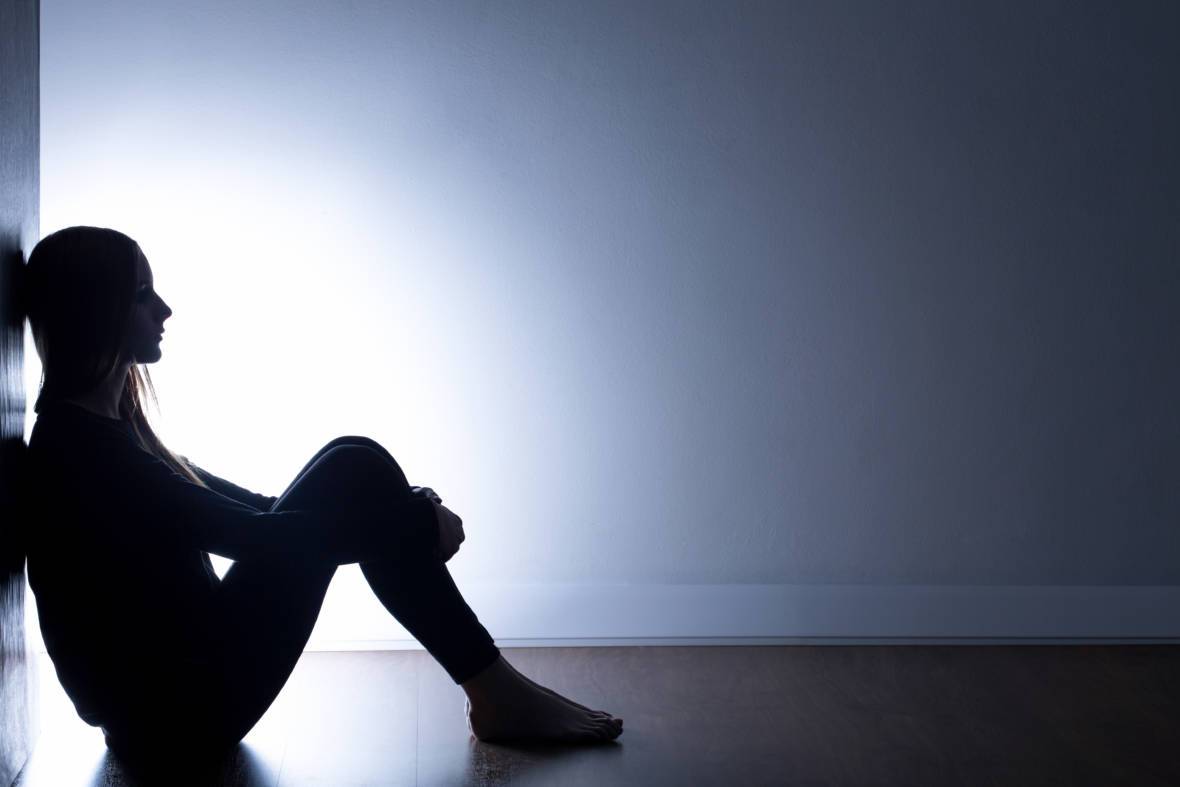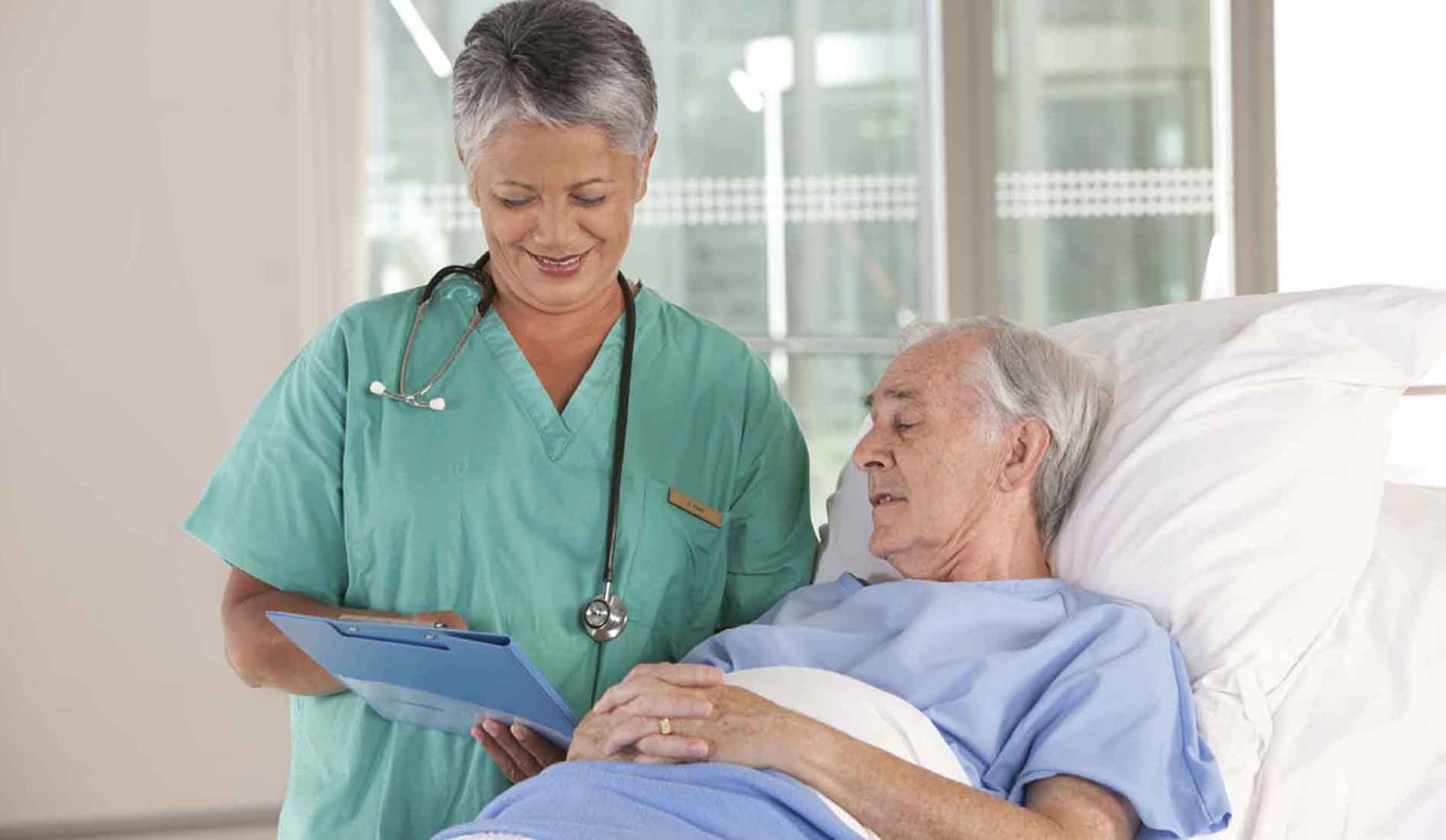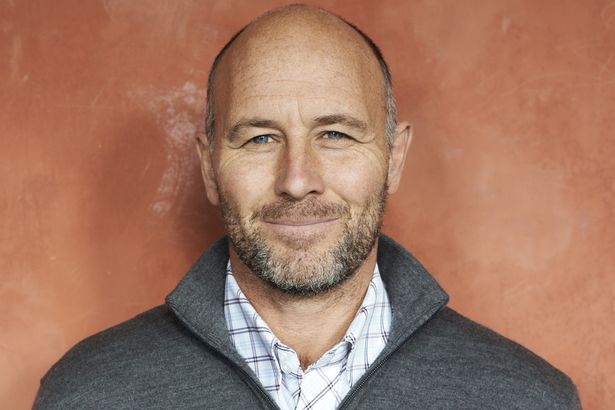The State of Depression and how to Treat it

Depression is a state of mind producing a serious, long-term lowering of enjoyment of life or inability to visualize a happy future. It could also be a period of unhappiness or low morale which lasts longer than several weeks and may result in suicide or self-inflicted injury.
Depression affects an estimated ten in 15 adults (6.7%) in any given year. And one in six people (16.6%) will experience depression at some time in their life. Depression can strike at any time, but on average, first appears during the late teens to mid-20s. Women are more likely than men to experience depression. Some studies show that one-third of women will experience a major depressive episode in their lifetime.
DEPRESSION; DIFFERENT FROM SADNESS OR GRIEF
The death of a loved one, loss of a job or the ending of a relationship is difficult experiences for a person to endure. It is normal for feelings of sadness or grief to develop in response to such situations. Those experiencing loss often might describe themselves as being “depressed.”
But being sad is not the same as having depression, because the grieving process is natural and unique to each individual and shares some of the same features of depression. Grief and depression may involve intense sadness and withdrawal from usual activities, but they are also different in important ways. Grief comes with painful feelings come in waves, often intermixed with positive memories of the deceased. On the other hand, depression comes with a mood swing and/or interest (pleasure) are decreased for most of two weeks.
Self-esteem is usually maintained during grief, but during a depression, feelings of worthlessness and self-loathing are common. For some people, the death of a loved one can bring on major depression. Losing a job or being a victim of a physical assault or a major disaster can lead to depression for some people.
When grief and depression co-exist, the grief is more severe and lasts longer than grief without depression. Despite some overlap between grief and depression, they are different. Distinguishing between them can help people get the help, support or treatment they need because depression can affect anyone even a person who appears to live in relatively ideal circumstances.
WAYS DEPRESSION EMERGE
Biochemistry: Differences in certain chemicals in the brain may contribute to symptoms of depression.
Environmental Factors: Continuous exposure to violence, neglect, abuse or poverty may make some people more vulnerable to depression.
Genetics: Depression can run in families. For example, if one identical twin has depression, the other has a 70 percent chance of having the illness sometimes in life.
Personality: People with low self-esteem, who are easily overwhelmed by stress, or who are generally pessimistic appear to be more likely to experience depression.
Stress: When one is stressed, or and maybe the reason for all the stress does not seem to be working out. It could lead to a state of depression.
Life Events: The death of a family member, friend, or pet sometimes goes beyond normal grief and can lead to depression. Other difficult life events — such as when parents divorce, separate, or remarry can trigger depression.
Whether or not difficult life situations lead to depression can depend a lot on how well a person is able to cope, stay positive, and receive support.
Heart Break: Experiencing an unexpected heartbreak can also put one into a state of depression. The reason is most people love wholeheartedly. While some give their all in love and when the future plans, they have longed for is scattered it becomes unbearable for them.
HOW IS DEPRESSION TREATED?
Depression is one of the most treatable among other mental disorders. 80 percent to 90 percent of people with depression eventually respond well to treatment. Almost all patients gain some relief from their symptoms.
Before a diagnosis or treatment, a health professional should conduct a thorough diagnostic evaluation, including an interview and possibly a physical examination.
In some cases, a blood test might be done to make sure the depression is not due to a medical condition like a thyroid problem. The evaluation is to identify specific symptoms like medical and family history, cultural factors and environmental factors to arrive at a diagnosis and plan any of the following course of action. Which are:
MEDICATION
Brain chemistry may contribute to an individual’s depression and may factor into their treatment. For this reason, antidepressants might be prescribed to help modify one’s brain chemistry. These medications are not sedatives, “uppers” or tranquilizers, they are not habit-forming. Generally, antidepressant medications have no stimulating effect on people not experiencing depression.
Antidepressants may produce some improvement within the first week or two of use. Full benefits may not be seen for two to three months. If a patient feels little or no improvement after several weeks, his or her psychiatrist can alter the dose of the medication or add or substitute another antidepressant. In some situations, other psychotropic medications may be helpful. It is important to let your doctor know if a medication does not work or if you experience side effects.
Psychiatrists usually recommend that patients continue to take medication for six or more months after symptoms have improved. Longer-term maintenance treatment may be suggested to decrease the risk of future episodes for certain people at high risk.
PSYCHOTHERAPY
Psychotherapy, or “talk therapy,” is sometimes used alone for treatment of mild depression; for moderate to severe depression, psychotherapy is often used in along with antidepressant medications. Cognitive behavioral therapy (CBT) has been found to be effective in treating depression. CBT is a form of therapy focused on the present and problem-solving.
CBT helps a person to recognize distorted thinking and then change behaviors and thinking. Psychotherapy may involve only the individual, but it can include others. For example, family or couple’s therapy can help address issues within these close relationships. Group therapy involves people with similar illnesses. Depending on the severity of the depression, treatment can take a few weeks or much longer. In many cases, significant improvement can be made in 10 to 15 sessions.
ELECTROCONVULSIVE THERAPY (ECT)
This medical treatment is commonly used for patients with severe major depression or bipolar disorder who have not responded to other treatments. It involves a brief electrical stimulation of the brain while the patient is under anesthesia. A patient typically receives ECT two to three times a week for a total of six to 12 treatments. ECT has been used since the 1940s, and many years of research have led to major improvements. It is usually managed by a team of trained medical professionals including a psychiatrist, an anesthesiologist, and a nurse or physician assistant.
SELF-HELP AND COPING
There are a number of things people can do to help reduce the symptoms of depression. For many people, regular exercise helps create a positive feeling and improve mood. Getting enough quality sleep on a regular basis, eating a healthy diet and avoiding alcohol (a depressant) can also help reduce symptoms of depression. Depression is a real illness and help is available with proper diagnosis and treatment. The vast majority of people with depression will overcome it.
COMPLICATIONS OF DEPRESSION
If left untreated, depression can have serious and sometimes long-term consequences that can affect every aspect of your life. Fortunately, depression is treatable. By getting help and following your treatment plan, you can prevent these complications.
ADDICTION
Depression symptoms rarely go away if untreated in fact, they tend to get worse. Often, to alleviate the symptoms, people turn to self-medicating with substances. The truth is that drugs and alcohol not only worsen symptoms, but they can also increase the chances that you get addicted to these substances. Combining drugs and alcohol with depression is a dangerous mix, which can increase the risk for suicide and further your depression.
HEALTH CONCERNS
Depression can become an unhealthy cycle. People with depression need to take good care of themselves to feel better, but because of the symptoms, they are unable to sleep (or sleep too much), don’t want to eat and have no interest in exercise. Because they are unable or unwilling to do these things, the depression worsens and health suffers. When we don’t take care of ourselves it can leave us vulnerable to other illnesses, such as the flu, or worsen health conditions we already have, such as diabetes.
POOR SCHOOL PERFORMANCE
Untreated depression can make it very difficult to go to class and complete assignments. That’s because depression diminishes one’s ability to concentrate, remember things and make decisions. For some people, even getting out of bed requires extra effort. That’s why it’s important to get help before symptoms get worse and start interfering with school and other aspects of one’s life.
RECKLESS BEHAVIOR
When people are feeling hopeless, angry or really bad about themselves, they are less likely to take care of themselves and think about the consequences of their actions. Depressed individuals may put themselves in risky situations, with potentially dangerous consequences (e.g., driving drunk, unprotected sex).
RELATIONSHIP PROBLEMS
Consider how your relationships suffer when you’re stressed out: You might lash out at loved ones, stop going to social events or just want to be left alone. The same thing can happen with untreated depression except that it’s worse, as depression’s symptoms are more severe. Depression leaves people drained emotionally, mentally and physically, so it becomes hard to be there for friends and family.
SELF-INJURY
Another way some people try to cope with depression is by self-injuring or inflicting pain upon themselves with methods like cutting or burning. While some people don’t intend to deliberately harm themselves with these behaviors, serious or life-threatening injuries and accidental deaths can result.
SUICIDE
Having thoughts of death and suicide are symptoms of depression. If depression is left untreated, these thoughts can get worse. Sometimes, you or a friend might feel like suicide is the only way out, the only way to escape the pain. This isn’t true. There are many effective ways to reduce depression symptoms and get better. Remember, these terrible feelings and thoughts are not constant and will pass. If you or someone you know is having thoughts of suicide, please get help immediately.



